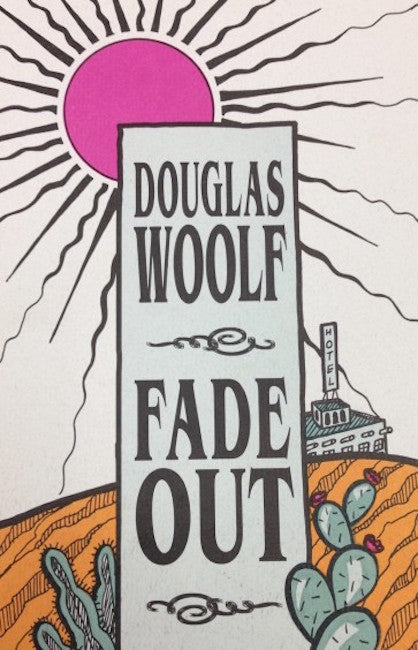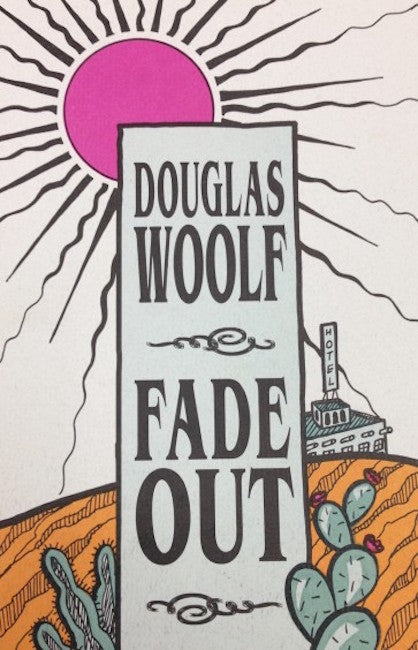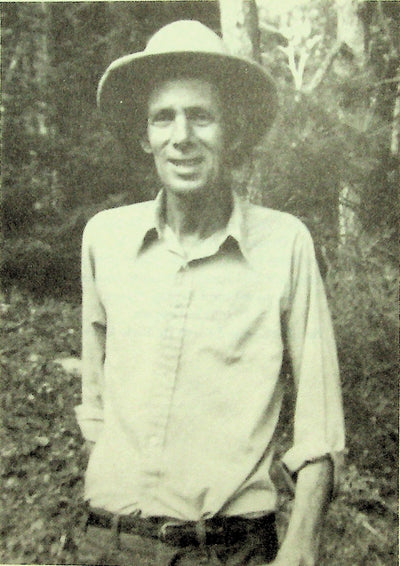
First published in 1959, Fade Out is a stunning, surreal criticism of American life in the materialistic, youth-and money-crazed 1950s. Its hero is Dick Twombley, a 74-year old retired bank clerk who struggles to retain what remains of his dignity in a world that regards old age as an embarrassment. When he is mistakenly accused of kidnapping two little girls he has befriended, Dick’s daughter packs him off to a suburban New York City retirement home. He soon makes his escape with the help of a fellow inmate, and together the two “fugitives from injustice” embark on a cross-country odyssey that lands them in the abandoned hotel of an Arizona ghost town.
PRAISE for Fade Out
“Woolf’s hero is a [kind of] Don Quixote, who even when defeated still hears the echoes of his transforming dreams.”—Robert Creeley
“A very exciting work, and touching, but full of the cruelty of seeming casual life. You hold your breath in the reading.”—Edward Dorn
“He has discipline and a sense of style. . .a comic vision. . .and an independence of approach. If you want to experience America as it might have been seen by a Smollett, a Sterne, a Fielding, or in places even a Cervantes, don’t miss Douglas Woolf. ”—Los Angeles Times

